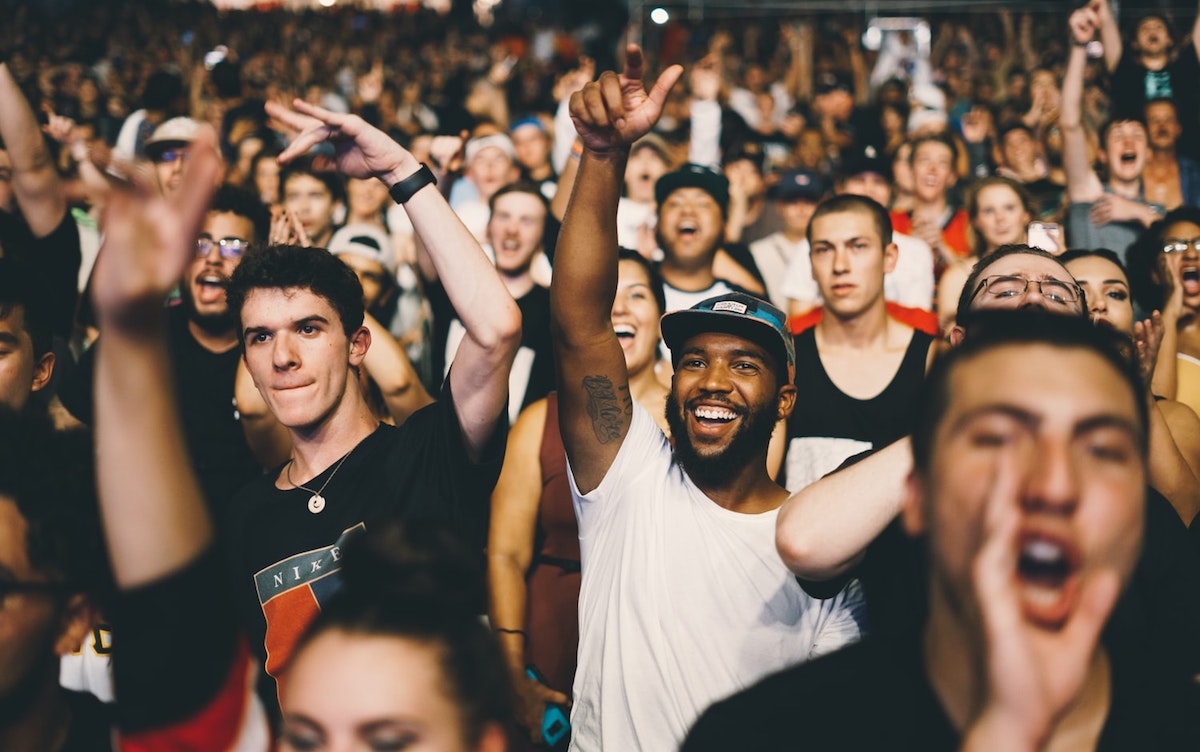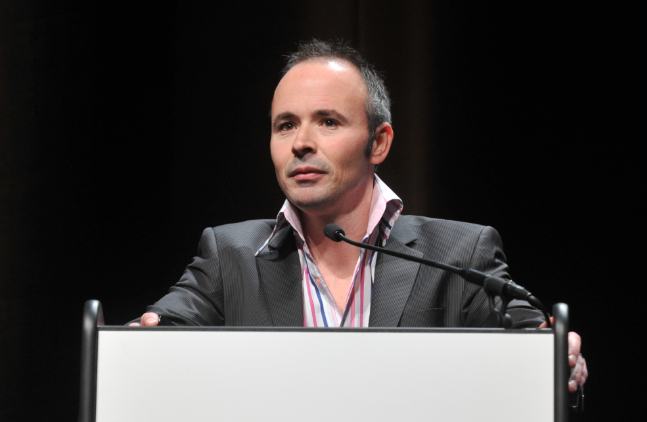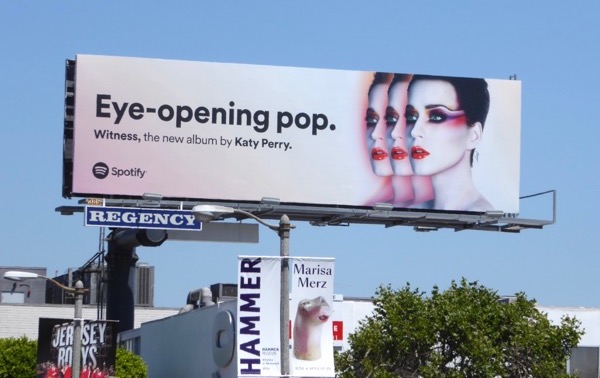‘Artists have to learn to bend the rules:’ How fan monetisation could overtake streaming

If you think monetising streaming is going to be the yellow brick road to an elusive pot of gold, you may need to reach for the reset button.
According to multiple analysts, streaming revenue is predicted to plateau as early as Q4 in the US.
Younger music fans can’t be reached through mass media any more, so music marketers have to dig into niches where the audience is.
The new generation of artists will cater directly to them – and one of the casualties will be the album thank to younger artists who grew up listening to tracks, and find the long-player irrelevant.
This is where the immense power, and largely untapped, opportunity of fan monetisation kicks in.
This is not a new concept. The music businesses in China, Japan and particularly South Korea have been tapping into this lucrative practice for at least five years.
Will the western world follow suit?
It will – if it has the brains to realise that the global economy is already slipping into recession, and that usually means consumers cut down on discretionary spending.
The peaking of the attention economy

These forecasts are according to music business analyst Mark Mulligan, who co-founded London-based MIDiA Research.
They are presented in a Music Tectonics podcast released this week, from a keynote he presented at the inaugural Music Tectonics Conference in Los Angeles.
Mulligan’s premise is, “We are at a peak in the attention economy… which has been what has empowered and driven everything that has happened in the digital world.”
The peak is already evident in the games and video sectors, “where you see so much innovation, so much change, so much segmentation., niche services and interactivity.”
Music apps can expect the same. Every new platform that draws music consumers, even for a minute, takes away from everything else.
“Games have become the canary in the mine as to what happens next. For a year and a half, mobile gaming engagement has declined every single quarter.
“Because people are using that time to do those things they actually want to do, they can watch the shows they want to watch, they can actually listen to the music they want to listen to.”
Music marketing: from mainstream to niche

The fragmentation of the audience, fuelled by streaming, has changed music marketing forever, according to Mulligan.
“In the old model, when you were going to build up an artist, you get all the big TV shows, you paid radio pluggers to make sure everyone heard them on the radio, you had nice big billboards, you turned them into household names, you made global stars.”
But, Mulligan says a lot of that is just a waste of market spend.
The days of the large powerful mainstream media outlets are over, especially with younger music fans.
Because not all the audience turns to these mass-scale media, so you needed a collection of niches to find the right audience for the right act, usually through social media.
“In the old days you might have said, we’re going to get 5 million fans in this one country. Now what you might do is to get 5 million fans across 20 countries.
“They’re still 5 million fans but they fly beneath the radar in each of those countries. This is going to be what the future of music marketing and artist success is going to be.”
Fragmented fandoms are the future

“What you’ve got is younger artists with younger fanbases who are predominantly streaming.
“They don’t need to be known by everyone, just the ones who’ve been reached by the right marketing.
“They’re much more likely to be fans and you see a higher ratio of awareness and fandom.”
Mulligan makes the point that the first millionaire during the California gold rush in the 1850s was not a miner. It was Sam Brannan, who quickly opened up stores that sold picks and shovels to the miners.
Says Mulligan: “Fandom is the picks and shovels.”
Tencent is listed as a music company, but music is a very small part of the money it generates.
Most of it comes from livestreaming and virtual gifts and currencies to get VIP packages you couldn’t get elsewhere.
It’s not surprising that TikTok also came from China, Mulligan says
“The Chinese music industry is virtually being invented from scratch. Because of the cultural revolution, you didn’t have popular culture until a few years ago.
“If we were starting the western music business today there’s no way we would have put social at the centre of it. That’s what the Chinese music industry has been able to do.”
The new empowered artist has arrived

Mulligan reckons the rise of the empowered independent artist is going to be a seismic shift, far bigger than streaming.
“This a generation of artists coming through who realise they can do things on their terms, that they can have control, that they can go into deals with their eyes wide open
“And if they can’t have those deals, they can still have meaningful careers by using all those tools around them, to be able to use those niches across the globe.”
The change in thinking is that when a record blew up, the industry would sign them up to a three-album deal.
“But they might not have three albums in them, they might not have three song.
“So you need to be able to proposer what they make out of that one song, rather than creating sub-standard music that no one will listen to.
“Artists have to learn to bend the rules that exist. That means writing and producing for their media. If your fan base is 12, 13, 14 years old then you need to be working on TikTok.”
The idea, Mulligan stresses, is it’s not good enough to give the fans nine seconds of great music on TikTok which they can investigate on Spotify.
“They might not go to Spotify, so you have to create 9 seconds of the best. You create for the medium where you are going to be consumed. Ditch the album. Or evolve the album.
“Why have a disc with 14 songs, we don’t have to do that any more. There’s a new generation of artists who say I can’t write an album, I didn’t grow up listening to albums, I’ll just write songs.
“Again, it’s going to be the artist who is going to drive the change here.”


































